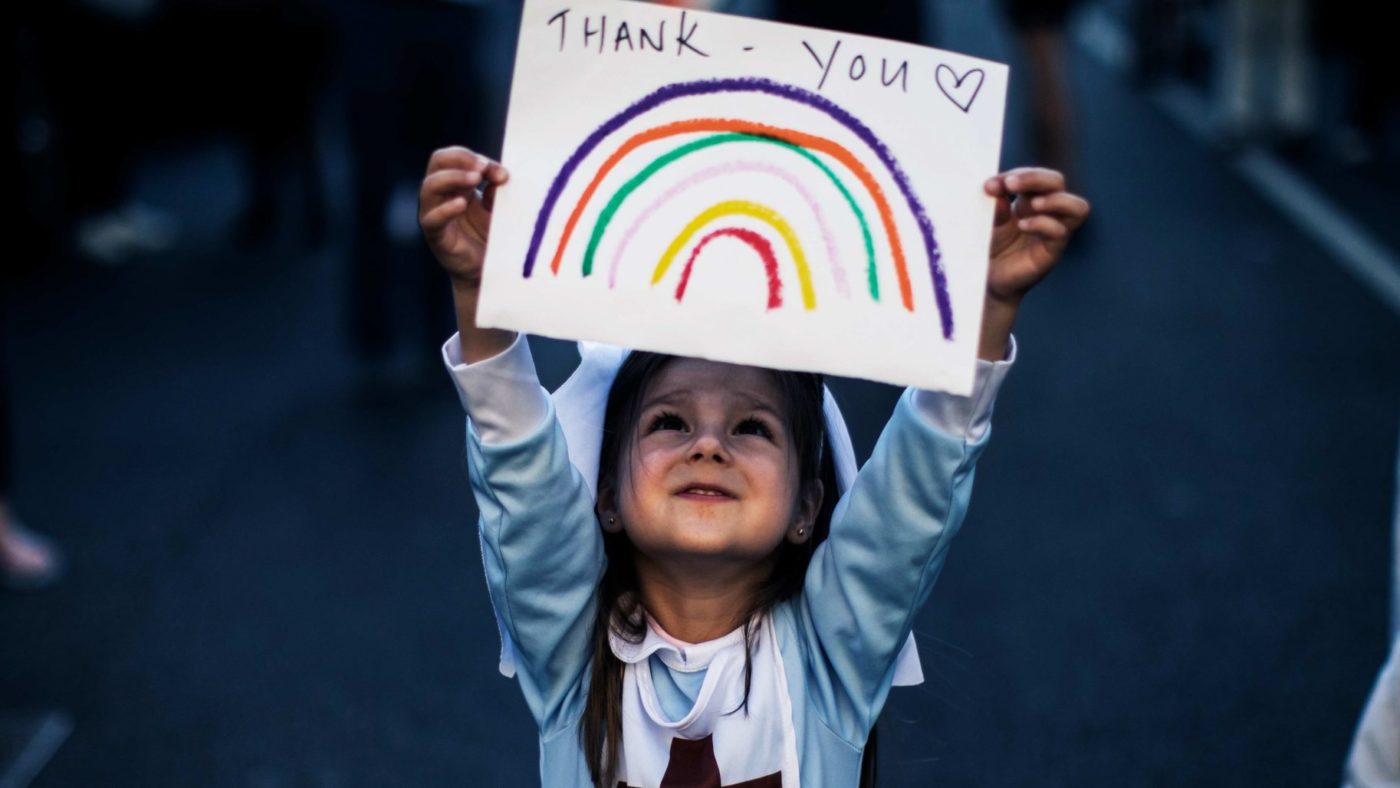The lockdown from which we are slowly emerging was a shared experience, albeit one experienced very differently by different people. But coming out of lockdown may prove to be a rather more divisive affair. We would all like things to get back to ‘normal’. But disagreements about the pace of easing look sure to emerge – potentially exacerbated by pre-existing divides, such as by generation, wealth, ethnicity or class. How we deal with these challenges and disagreements will help shape how we emerge from Covid – and the legacy it leaves.
Covid changed everything – most of all for the tens of thousands who have lost family and friends. It has shown us how much of our everyday lives we take for granted. And it has changed the way that we think about society too. The crisis has given us bigger things to worry about. The immediate risks to life and health have been the top priority, even as we became increasingly aware that the economic damage may be with us for a long-time. Yet, overall, the pandemic has made people more optimistic about our society. New ICM polling suggests that six out of ten people believe that Covid has shown the unity of our society more than our divides – and just 15% disagree.
What we called ‘social distancing’ was really the physical distancing needed to contain the spread of the virus. Yet for many of us, our experience of social connection during the pandemic has been a positive one, albeit at a distance of two metres or on the other end of a video call. Older people had offers of help from their neighbours; many of us spent more time with our families and less time commuting. New rituals were created: 750,000 people stepped us as volunteers, many of them for the first time. Up to 30 million people took part in the Thursday night Clap for Carers applause across ten weeks.
The Office of National Statistics also reports that deep anxieties about the economic impact are combined with a big shift in people seeing our society as more united and less divided. People feel we will emerge from the pandemic as a kinder society.
Will those hopes fade away? The experts in ‘disaster sociology’ warn us not to get too carried away. A greater sense of cohesion can be a common pattern in a crisis, they tell us – while also warning that it can be hard to maintain beyond it.
Our stronger sense of togetherness may fray and fragment, as our memories of the shared experience start to fade. Bigger choices, about what does or does not change in the economy and society, will take centre stage – often provoking disagreement and division. Protests against racism, for example, have been seen by many as an urgent, overdue challenge to racial inequality. Yet for others they have sparked polarised arguments about history and identity, as statues become a new front in the “culture wars”.
Yet we are not bystanders in what happens. Before this pandemic, many of us felt the need to make this a decade of reconnection in our society. So the challenges of reconnecting beyond Covid – at a time of economic uncertainty, and when we have made a habit of avoiding strangers – make this more urgent than ever. It will be important to find moments to focus on the things that unite us and which bring us together.
One such monument is the NHS, our greatest symbol of shared pride in modern Britain. To mark its birthday on Sunday 5th July, the new Together coalition – of which I’m proud to be a founding member – is calling on the whole country to come together for a day where we connect with neighbours and thank all of those who are helping us get through the pandemic – as we begin to think about what should change beyond it.
There will be many ups and downs across the year ahead. Our perceptions of other people can be volatile. Concern about hoarding at the start of the pandemic wasn’t just about whether there would be any toilet roll left – it was about whether we felt our fellow citizens were out for themselves or considering the needs of others too. Lockdown was, in part, a social contract of shared sacrifice and equal burden-sharing. That commitment to reciprocity explains public anger about those who break the rules – especially if they are in positions of power.
Most of us have tried to do the right thing – though social media can offer us more images of the minority who do not. We tend to be pretty confident that our friends, family and the people we know will abide by the rules. When it comes to people we don’t know, the jury is out.
That is another reason why contact matters for social trust. Strangers are people that we have not yet met. People feel and talk differently about a group of “others” once they have forged even one meaningful contact with somebody from it.
The pandemic has made us value our connections more than ever. It has strengthened our sense of community – yet the unequal experience of a shared crisis, by social class and ethnic group has illuminated long-standing fissures in our society that need more attention.
It is right that we mark this moment, to say Thank You Together on Sunday. How far we use or lose this new sense of social cohesion depends on what we choose to do next.
Click here to subscribe to our daily briefing – the best pieces from CapX and across the web.
CapX depends on the generosity of its readers. If you value what we do, please consider making a donation.


